Are you a newbie in trading? Do you want to ship your products from China to your region?
Shipping might be a difficult stage of worldwide trading. You might think of purchasing wholesale products, choose a shipment method and, there it is done.
But no, you need to understand certain concepts before taking this step and, without this understanding, you may make a wrong move that may result in a big loss.
Freight collect is among those terms of shipping that you need to understand fully before making your shipment worldwide.
Here is a complete guide and everything you need to know about freight collection and related terms.
Let’s follow up!
Chapter 1: What is Freight Collect in Shipping?
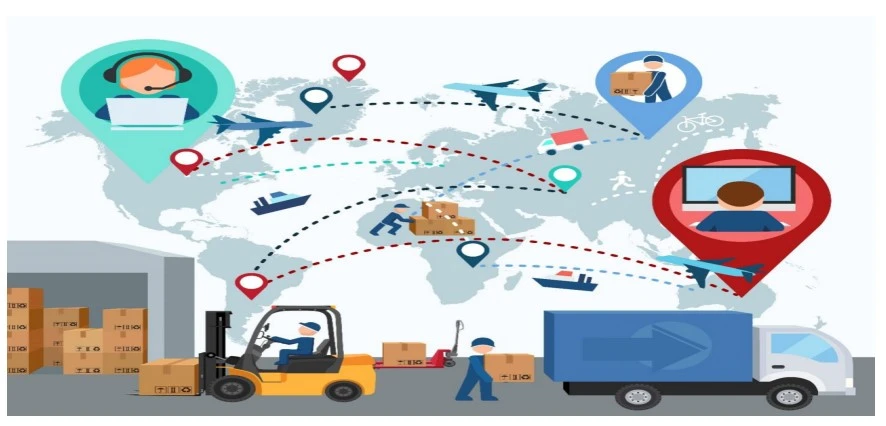
While doing international business, there are many things that you have to consider, especially international shipping. Things get a bit complex when it comes to international shipping. The term freight collect is used for international shipping.
The international chamber of commerce gives shipping incoterms after every 10 years. All the business and transport community consider these incoterms very significant.
These incoterms help in trouble-free business and transportation between seller and buyer by illustrating the roles and responsibilities of each.
All the government sectors and law agencies acknowledge these incoterms and use them for international shipping and transportation.
The current form of incoterm used by all the businesses and transportation companies is incoterm 2020.
Incoterm 2020 has 11 rules in total, and 4 rules out of all are completely about the transportation of products by sea.
The term freight collect is not directly mentioned in incoterms 2020. However, it is related to many terms that are included in incoterms.
The buyer has to pay only the freight charges at the time of delivery, not the cost of goods. There are other methods used to pay for the goods.
1. Definition of Freight Collect
The term freight collects means that the buyer of the goods is responsible for paying the freight charges. However, the receiver of the goods is only responsible for paying the freight charges when the inventory reaches the destination address.
When the goods reach the destination address, the buyer must pay the full freight charges. After that, the supplier hands over the goods to the supplier.
Bill of lading is used to process all this shipment procedure between the seller and buyer.
FOB Origin, Freight Collect: In this type, the buyer of the goods becomes the owner of all the responsibilities of goods like safety and cost of freight right after the courier picks up the stock from the origin.
FOB Destination, Freight Collect: In this type, the seller remains the owner of the goods until it arrives at the destination address.
The seller is responsible for the security of the goods. If something happens to the goods during the shipment, the seller is responsible.
In total cost of stock, freight charges have a large portion. Location, the volume of the cargo, and the type of products are the factors on which the freight cost depends.
2. Freight collect, Freight Prepaid, and Third-Party Freight
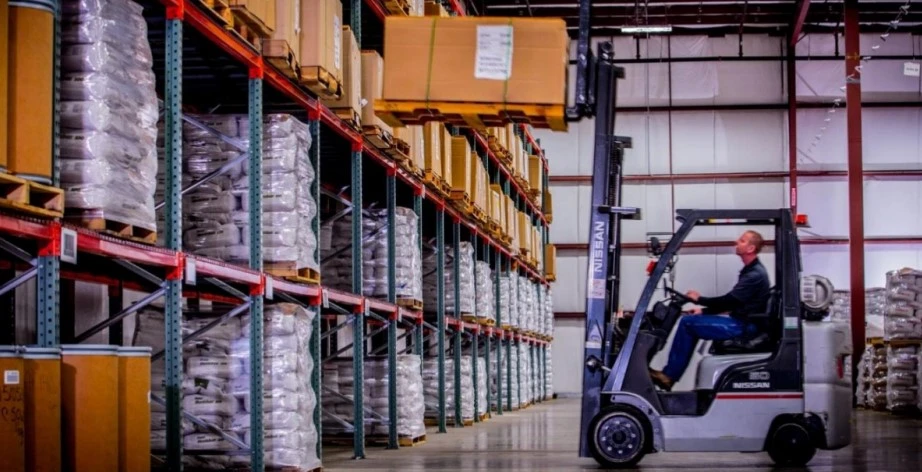
If you are planning for international business, knowing all three terms is very important.
To keep the shipping process smooth, any of the following terms will be mentioned on the bill of lading so that both the seller and buyer know who is responsible for paying the freight charges.
- Prepaid
In this type of freight charge, the seller is responsible for paying the freight charges. If something happens to the stock before or during the shipment, the seller is responsible.
The seller has to pay any additional charges that are applied during the shipment. That is why this term is also called “Prepaid & Add”.
- Freight Collect
In this type of freight charge, the buyer is responsible for paying the freight charges. There are two terms used in this type.
One is FOB origin; in this type, the buyer becomes responsible for the security of the stock when it is picked up from the origin.
The other is FOB destination; in this type, the buyer becomes responsible for the stock after it has reached the destination. Freight collect is also known as “Collect Upon Arrival”.
- Third-Party Freight
Neither the seller nor the buyer is responsible for paying the freight charges in this type of freight charge.
Instead, the third party, commonly a logistic company pays the charges. If there is an additional fee like security charges, the third party is responsible for all the charges.
Chapter 2: Difference between freight collect and freight prepaid
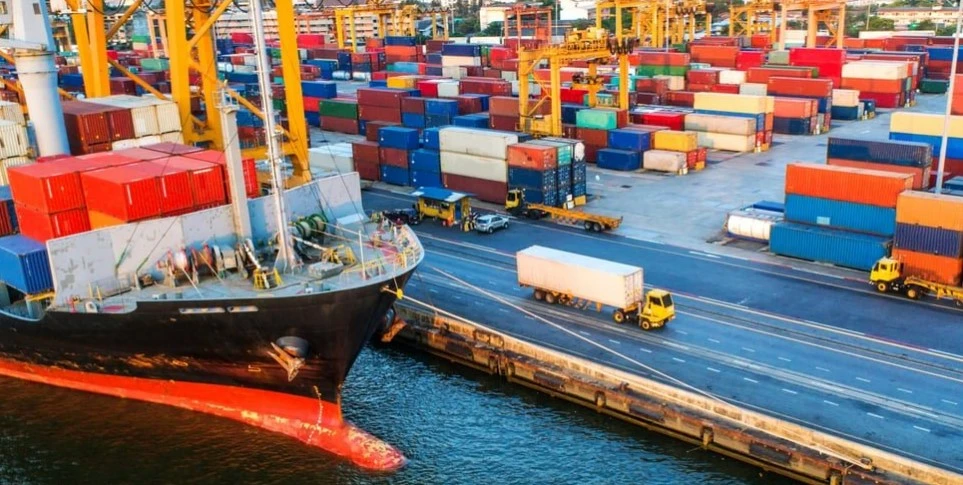
Freight collect and freight prepaid are two completely different terms and determine who will pay the freight charges.
Freight collect indicates that the buyer will pay for all the shipment and freight charges. Freight prepaid indicates that the seller will pay for all the shipment and freight charges.
Sometimes both of these terms are combined with another term called Freight On Board (FOB) to exactly define who has the ownership of the shipment until it reaches the destination address.
1. FOB origin in freight collect
The buyer pays for the shipment and any other additional charges of this type. The buyer is also responsible for the goods during the shipment until it reaches the destination.
2. FOB origin in freight prepaid
In this type, the seller of the goods pays for the shipment and any other additional charges. But the buyer takes responsibility for the goods during the shipment until it reaches the destination address.
3. FOB Destination in freight collect
The buyer of the goods pays for the freight charges. The buyer pays the freight charges when the stock reaches the destination address.
The buyer does not take responsibility for the goods until it reaches the destination address. The seller is responsible for the stock until it reaches the destination address.
4. FOB Destination in freight prepaid
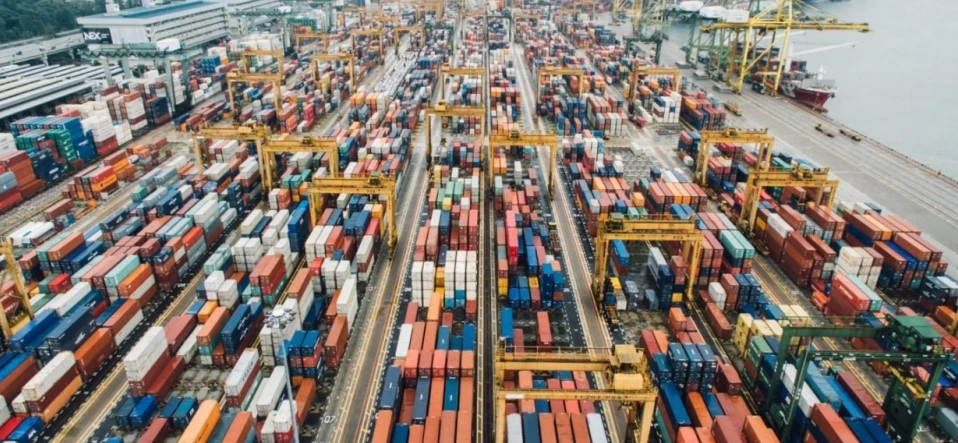
In this type, the seller of the goods pays for the freight charges. The seller is responsible for the goods until it reaches the destination address.
The seller pays the freight charges when the stock reaches the destination address. The buyer takes responsibility for the goods after they have reached the destination address and all the freight charges are paid.
Chapter 3: Possible difficulties during freight collect for exporter forwarder
Several complexities can occur during freight collection for exporter forwarders. It can be better explained with an example.
The contract between the seller and the buyer was based on prepaid freight terms, but then both seller and buyer wanted to change the term to freight collect during shipment.
After the complete agreement between seller and buyer, the term is changed from freight prepaid to freight collect. So now the exporter forwarder has to change the documents according to the agreement between seller and buyer.
1. Collect payment from another country
Collecting payment from another country can be a real problem. For example, if the buyer is from another country, the exporter forwarder might face difficulty collecting the payment.
The problems that an exporter can face are currency differences, delays in receiving the payments, and a situation where the buyer has to pay extra costs.
The forwarder has to discuss the currency exchange rate for remittance with the buyer every time to avoid any inconvenience. In case of delays or additional costs, the forwarder must know how to deal with such situations.
2. Make a balance between international trade
Maintaining the balance in international trade is very important. However, there is a huge difference between the business practices of every country due to significant differences between the culture, currency, and language.
To keep the shipment process straightforward, the forwarder must keep a balance between the businesses of different countries.
Chapter 4: Different acronyms used for freight collect
Many different acronyms can be used for freight collect. If you want to know everything about international shipping, you must know about these acronyms.
1. Free on Board (FOB)
Free On Board term is used to determine whether the seller or the buyer is responsible for the damaged goods. It also indicates where the liability and ownership are transferred from seller to buyer.
Two terms are used with FOB, FOB origin, and FOB destination.
FOB is important when the goods are damaged; then, there should be no dispute between the seller and the buyer.
Moreover, as already mentioned, FOB clarifies who will be responsible for paying for goods damage in case of any mishap.
For example, the agreement has FOB Origin term, and some goods are damaged during the shipment.
The seller is not responsible for paying for that damage. The buyer cannot return the damaged pieces or the whole stock as it would be considered illegal.
2. Freight payment agreement with FOB
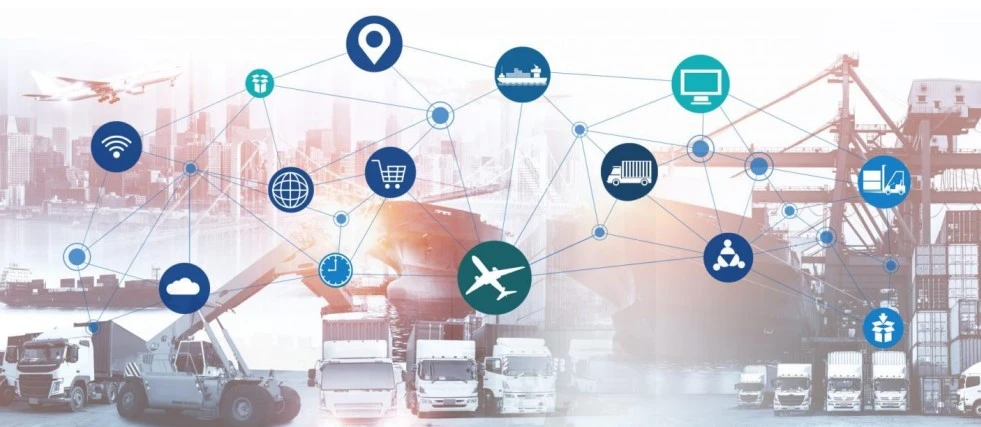
Freight payment agreement has two terms mentioned that explain exactly when the ownership is transferred from seller to buyer.
FOB Origin: FOB origin means that the buyer of the goods takes ownership of the goods at their origin. It means that when the courier picks up the inventory from its origin, the ownership of the stock is passed from the seller to the buyer.
If anything happens to the goods during the shipment, the buyer is responsible for paying for that damage.
FOB Destination: FOB destination means that the buyer of the goods takes ownership of the goods when they reach the destination.
It means that the seller remains the stock owner until it reaches the destination. If anything happens to the goods during the shipment, the seller is responsible for paying for that damage.
3. Cash on Delivery (COD)
Cash On Delivery is when the receiver has to pay the payment when the product is delivered. The courier will deliver the goods to the buyer and take the money from him.
If the buyer is unavailable or cannot receive the product, the product will be returned to the seller.
Cash On Delivery service is beneficial for the buyer in many ways. First, the buyer does not worry about whether his money reached the destination or not.
Second, he only has to pay the payment when the product is in his hands. Third, the buyer gets some time to save money to pay for the goods.
Cash On Delivery service is not as beneficial for the seller as for the buyer. It helps the seller in gaining the trust of the buyer. The seller receives payments from the sales of goods faster.
A seller might face some difficulties if he chooses the COD term in shipping.
For example, sometimes the buyer changes his mind and does not want to receive the product; then, the seller still has to pay for all the arrangements he made for the delivery.
The seller also has to worry about the cash as there are high chances of theft as the money is in the form of cash, unlike online transactions.
4. Bill of Lading (BOL)
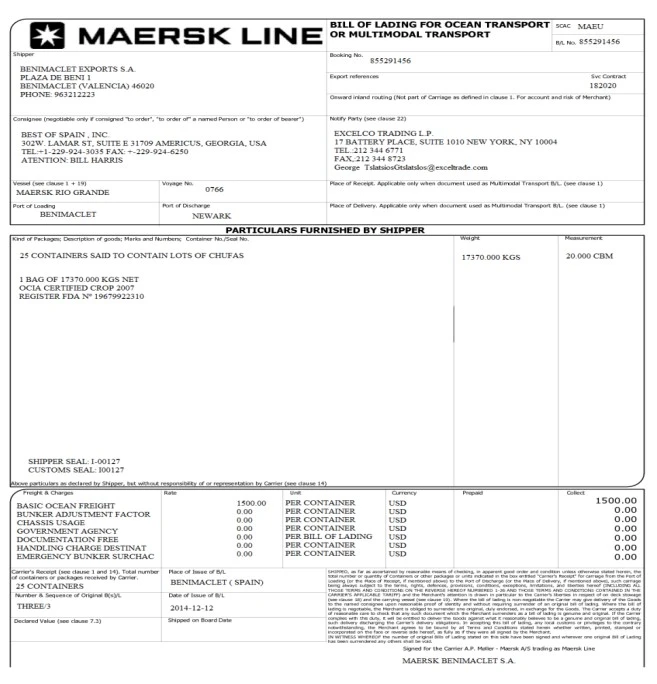
The bill of lading is a document given to the shipper by the carrier where all the information needed to process the shipment is mentioned.
The bill of lading is signed by an authorized person of the carrier and shipper. Then when the stock reaches the destination, it is signed by an authorized receiver after handing over the stock.
The information that is included in the bill of lading is the name. In addition, the addresses of the seller and the buyer, purchase orders, special instructions like what are tasks of the carrier, the shipment pickup date, the information about the product like size, weight, dimension, material, and several pieces, packaging type whether cartons are used or crates, to freight class your shipment belongs, and any warnings related to the stock should be mentioned.
All the information on the bill of lading is cited so that it can be easily located.
Chapter 4: Frequently asked questions
Conclusion
After reading this article, you will know about the international shipping process and the terms used to carry out these shipping procedures.
All freight terms are discussed in detail so that it becomes easy to choose the better service depending upon your requirements.
Knowing everything about international shipping is very important if you are planning to do an international business to avoid any inconvenience.
